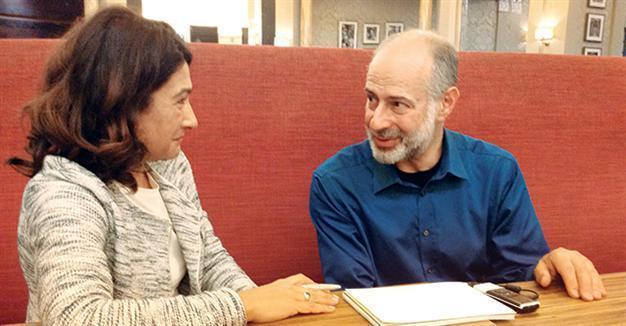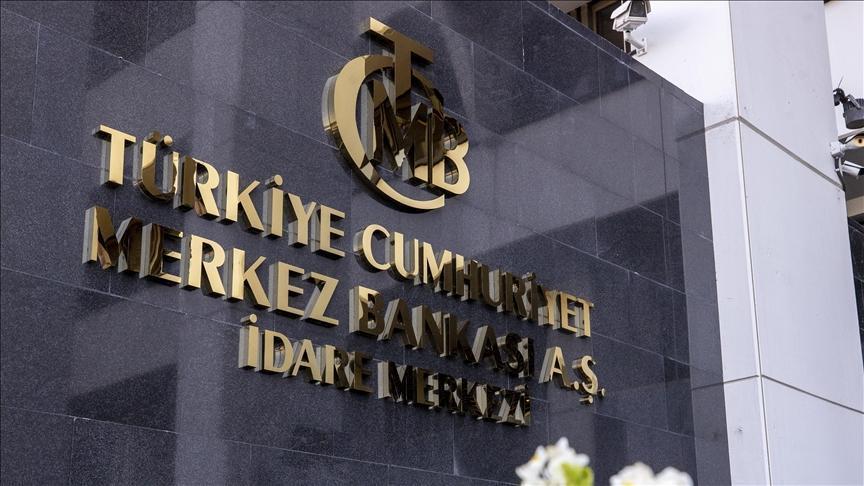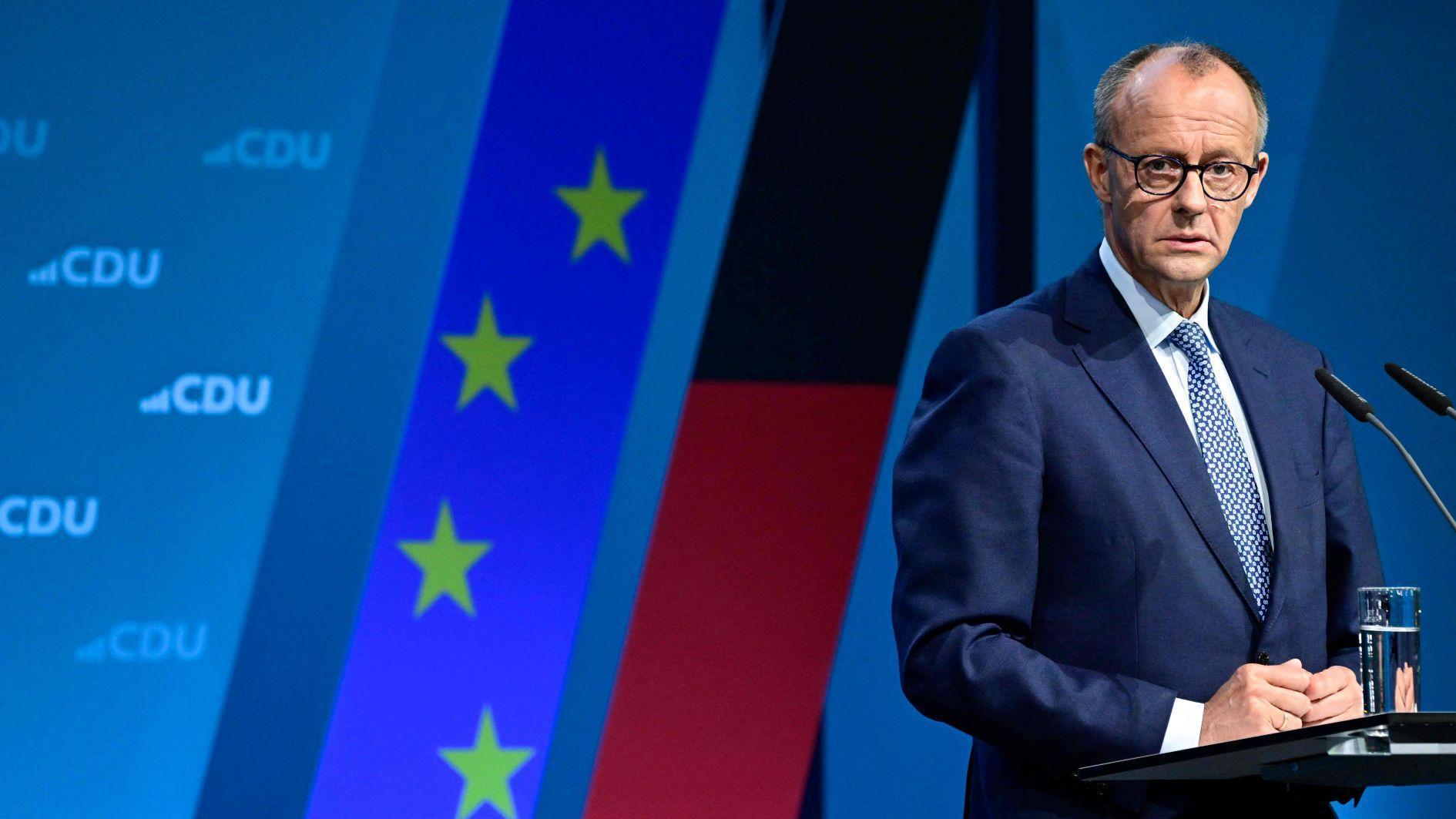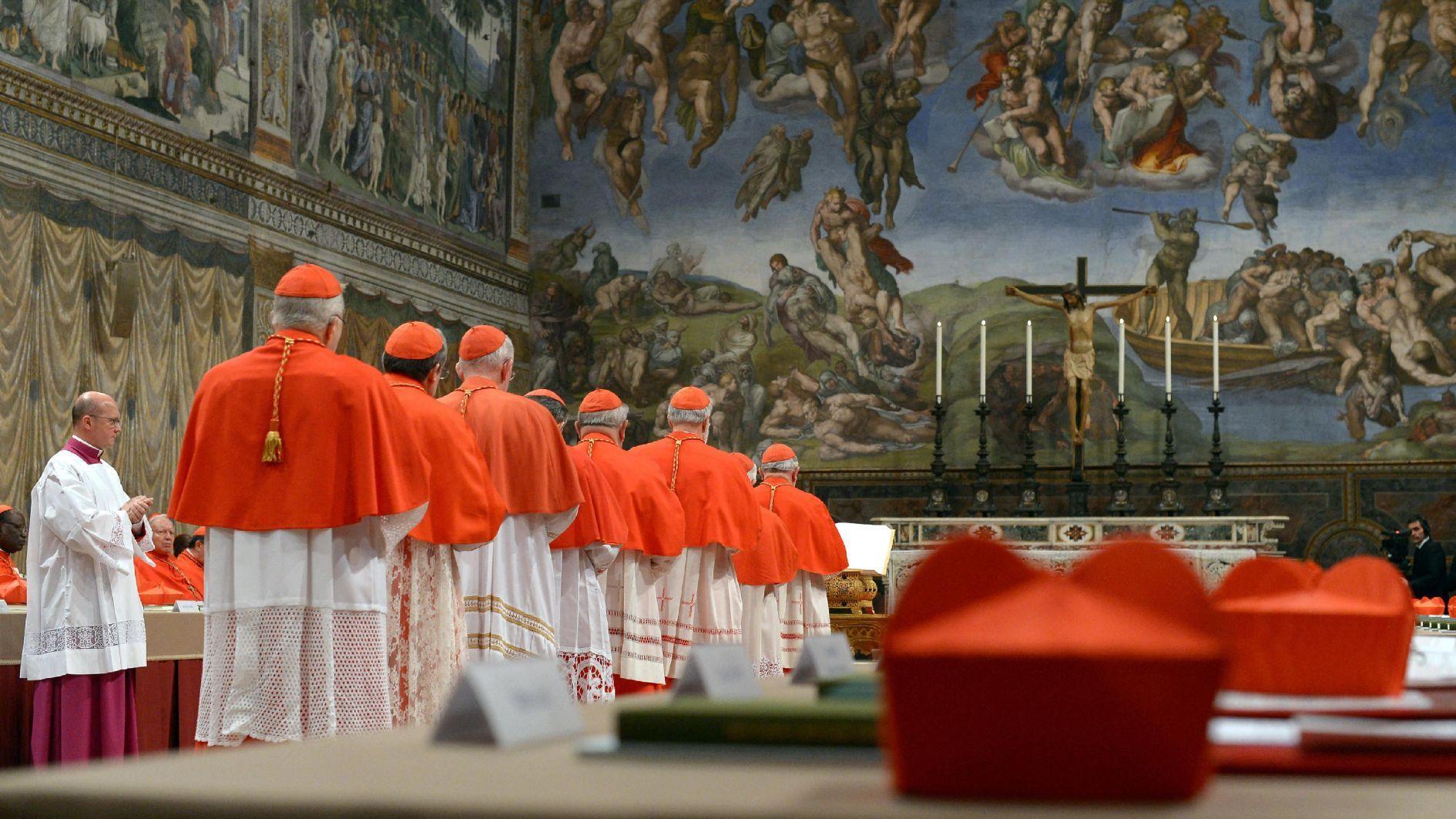Young Turks will look after ageing Europeans: British MP
Barçın Yinanç - barcin.yinanc@hdn.com.tr
 EU member countries are largely responsible for the stagnation in Turkey’s accession process, according to British MP Fabian Hamilton, who also drew attention to the demographic benefits of Turkey for Europe’s future.
EU member countries are largely responsible for the stagnation in Turkey’s accession process, according to British MP Fabian Hamilton, who also drew attention to the demographic benefits of Turkey for Europe’s future. “Europe is aging. It will be the young Turks who look after us,” Hamilton told the Hürriyet Daily News.
The discussion about Turkey during the recent Brexit campaign in the U.K. were “appalling,” added Hamilton, who was until recently Labour’s shadow minister for Europe and has served as the head of the Turkish-British friendship group in parliament.
I understand you have a special connection to Turkey?
My great grandmother married my great grandfather Isaac Sevilla and had my grandmother in today’s Bulgaria – we’re talking about the 1860s. They moved to Istanbul when my grandmother was a child.
My father’s family came from Thessalonica, the same place where Atatürk was born. When I was a child my grandmother Louise used to make delicious food. I later realized that she was cooking Turkish-style when I went to Turkey for the first time in 2002. Things like the dessert we called “sütlaç,” I never knew they were actually Turkish names, so when I went to Turkey I felt at home.
What did you feel when you heard about the recent coup attempt?
I was very upset. We know that the army is the self-appointed guardian of secular Turkey and that when democracy ceases to function or Islamists become too prominent, the military steps in and says “enough,” so I don’t think we should be surprised given the way [President Recep Tayyip] Erdoğan has been going.
But wasn’t it different this time?
It was very different. I get the feeling that the coup was something Erdoğan was not unhappy about. There is a conspiracy theory that he might even have known about it, but I don’t know.
Turks feel disappointed that Europe showed a tepid reaction to the coup attempt. They were expecting stronger and more supportive messages.
For Mr. Erdoğan?
For the Turkish people, Turkish democracy, and the people who died stopping the tanks.
I think there is huge sympathy for the people who were killed, of course. Nobody wants to see that. We regard Turkey as a potential member of the EU, though God knows whether that will ever happen. But there is massive suspicion of Erdoğan. People feel that he wants total control, that his regard for democracy is only half-hearted as long as it suits him.
Obviously he has got a mandate, as we have seen the results of the elections. But my experience is that the people I have met in Istanbul are very suspicious of Erdoğan. They think he is a populist and Islamist who wants to Islamize Turkey.
So it was because of Erdoğan’s backpedaling on democracy that there was a hesitation in Europe in responding to the coup?
I don’t think anybody would support a coup d’état in any country, certainly not in Turkey. The half-heartedness and lack of warmth was because of suspicions of Erdoğan. He has arrested so many people, some of whom may well be guilty but others who are just innocent bystanders who happened to be in his way.
Turks believe the Gülenists were behind the coup. Don’t you agree?
I don’t see evidence of it.
But even the opposition parties in Turkey say it was the Gülen movement.
If you ask the foreign British Foreign Office they would probably say that is because everybody is too frightened to say otherwise. In a democracy where the media is increasingly controlled by the government, the impression we get is that journalists critical of the [ruling Justice and Development Party] AKP get arrested.
I tend not to take one side or the other. There may be people who were arrested because they are critics of the AKP leadership but there may also be people who have dubious relations with Kurdish forces or Gülenists.
But why would be the opposition be frightened to speak on this issue when they have voiced criticism on other issues?
They may not be afraid of Erdoğan but rather of public opinion. Let me give you an example: The British Labour Party is not going to go out there to the media and say we need a second referendum [on Brexit] even though that is what we think. We are worried about public opinion. The public clearly expressed that it wants to leave the EU and if we say “you are wrong” they will never vote for us again.
I wonder whether the CHP is not saying it supports Erdoğan and his clampdown because it is scared of what he might do to them. They also must be aware of public opinion, which must be around 80 percent in favor of what Erdoğan is doing.
Erdoğan was once very popular in Europe. What happened?
He had done a marvelous job. When I was in Turkey in 2002 we were told by many that level of respect for politicians was something like 2 percent. Everybody thought they were corrupt, useless and indecisive, and along comes the AK Parti with a clear program of reform. It had a clear set of priorities to improve the economy and distribute the benefits back to the people. For years it seemed that this was going to make Turkey a 21st century nation with a place in the EU.
What went wrong? Ask Tony Blair. Anyone who is in power for too long goes wrong in the head. Blair was in power for 10 years and he was full of himself by the end. It has been 14 years for Erdoğan. We need sufficient checks on our politicians, and now we see Erdoğan wants to change the constitution to create an executive presidency.
What do you see when you look at Turkey?
I see the increasing influence of the president and his desire to make the country more religious. It will be sad to see some choices, like consuming alcohol, taken away for religious reasons in a secular country. In a secular country people should have choices.
I do get worried. I value Turkey hugely and I value its pluralism. It would be sad for me to see people feel obliged to go down one road, without another road to go down because they don’t want to upset public opinion, or the government of the day, or the leader of the country.
I find it worrying here in Britain too. This isn’t only about Turkey in particular. What we see are the forces of authoritarianism against liberalism and freedom. In my own party we have been experiencing something unpleasant, where if you criticize your leader then some start attacking and abusing you.
Do you agree with Turks who believe that Europeans are also to blame for the stagnation in Ankara’s accession process to the EU?
I do. Turkey today is a massively growing economy with a very young population, while Europe is aging. I am already over 60. When I get older, I will need someone to look after me - and there will be many more like me. Who is going to look after us? Young Turks. And look at the Turkish economy, with such growth rates even during a global recession.
But in Britain the prospect of Turks getting visa-free travel was used during the Brexit campaign.
That was the most appalling thing and many of us condemned it. It was racist, it was offensive. There were so many lies during the campaign.
People in the U.K. have to wake up. We are rapidly ageing and countries like Turkey with young populations on the fringes of Europe are going to look after us in the future.
Who is Fabian Hamilton?

Fabian Hamilton is currently a Labour member of parliament for Leeds North East.
He has been representing Leeds North East in parliament since 1997.
Last January he became Labor’s shadow foreign and commonwealth affairs minister for Africa and later he became shadow minister for Europe. He resigned from this position a few weeks before the Labour congress held last weekend.
He founded in 2010 the Turkish–British parliamentary group and remained its chairman for six years.
Hamilton was born in London to a British Jewish family whose ancestors came from Istanbul and Thessaloniki.
He was educated at Brentwood School in Essex and the University of York, where he was awarded a Bachelor of Arts degree. He worked initially as a taxi driver for a year from 1978 before working as a graphic designer. From 1994 until his election to parliament he was a computer systems consultant with Apple Macintosh Computer Systems.
















